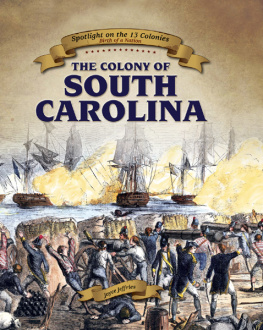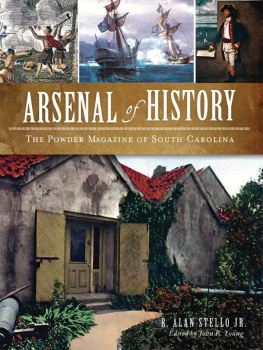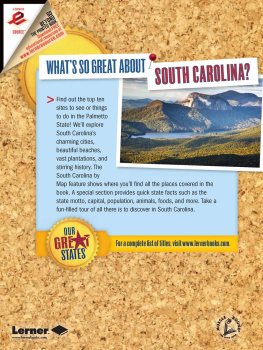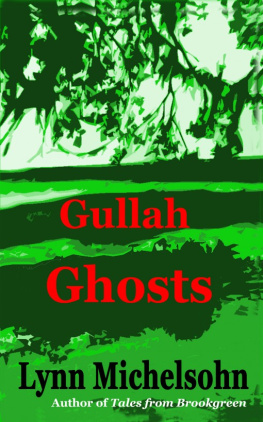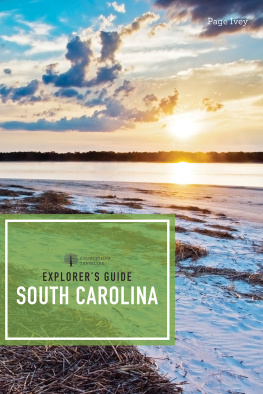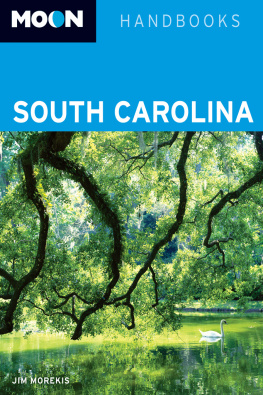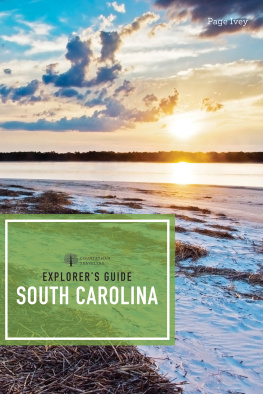
Published in 2016 by The Rosen Publishing Group, Inc.
29 East 21st Street, New York, NY 10010
Copyright 2016 by The Rosen Publishing Group, Inc.
All rights reserved. No part of this book may be reproduced in any form without permission in writing from the publisher, except by a reviewer.
Editor: Katie Kawa
Book Design: Andrea Davison-Bartolotta
Photo Credits: Cover, pp. 10, 17 North Wind Picture Archives; p. 4 Science & Society Picture Library/Getty Images; p. 5 MPI/Stringer/Getty Images; p. 6 Magicpiano/Wikimedia Commons; p. 7 iofoto/Shutterstock.com; p. 8 Chiyacat/Shutterstock.com; p. 9 (main) Phill Doherty/Shutterstock.com; p. 9 (inset) Henrik Larsson/Shutterstock.com; p. 11 American Spirit/Shutterstock.com; pp. 1213 (bottom) Everett Historical/Shutterstock.com; p. 13 (top) Franz Xaver/Wikimedia Commons; pp. 1415 Kean Collection/Getty Images; p. 19 (main) Harpischord246/Wikimedia Commons; p. 19 (inset) Hulton Archive/Stringer/Getty Images; p. 21 SuperStock/Getty Images; p. 22 VectorPic/Shutterstock.com.
Jeffries, Joyce.
The colony of South Carolina / by Joyce Jeffries.
p. cm. (Spotlight on the 13 colonies: Birth of a nation)
Includes index.
ISBN 978-1-4994-0582-8 (pbk.)
ISBN 978-1-4994-0583-5 (6 pack)
ISBN 978-1-4994-0585-9 (library binding)
1. South Carolina History Colonial period, ca. 1600 - 1775 Juvenile literature. 2. South Carolina History 1775 - 1865 Juvenile literature. I. Jeffries, Joyce. II. Title.
F272.J44 2015
975.7/02d23
Manufactured in the United States of America
CPSIA Compliance Information: Batch #WS15PK: For further information contact Rosen Publishing, New York, New York at 1-800-237-9932.
Contents
Explorers in South Carolina
Long before European explorers came to North America, Native Americans called this continent home. Ancestors of Native Americans came to what is now South Carolina at least 12,000 years ago, and some believe they may have been there over 40,000 years ago! Native American tribes that lived in present-day South Carolina included the Cherokee, Yamasee, and Catawba.
Europeans began to arrive in South Carolina in the 1500s. Francisco Gordillo of Spain became the first European to see the South Carolina coast in 1521. Five years later, Lucas Vsquez de Aylln tried to establish a colony in South Carolina, but it failed. Another unsuccessful attempt to colonize this area came in 1562, when Frenchman Jean Ribault and a group of settlers landed on Parris Island, off the coast of South Carolina. The next year, those settlers returned to France. However, the Spanish landed on Parris Island in 1566. They created their own military base there, called Santa Elena, which lasted until 1587.
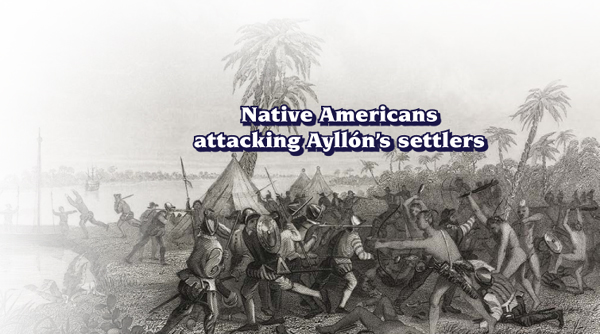
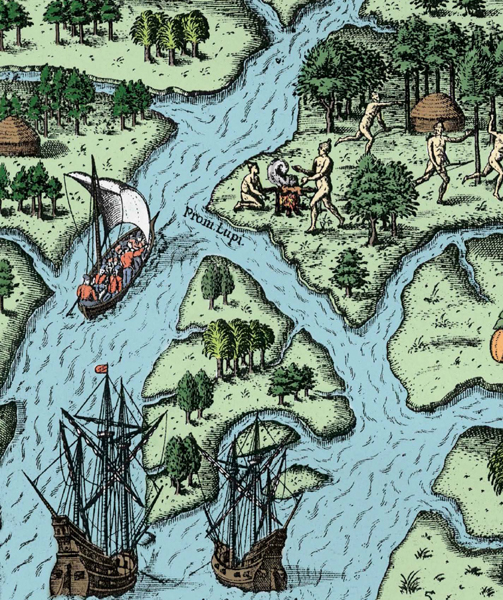
This map from the late 1500s shows what it may have looked like when Jean Ribaults ships sailed up the Port Royal River to explore South Carolina.
A Permanent Colony
South Carolina didnt become a permanent colony until the 1600s. In 1629, Charles I, king of England, gave Robert Heath land in North America to establish a colony. Heath named his land Carolina in honor of the king, whose name in Latin is Carolus. However, he wasnt able to establish a permanent colony there.
In 1663, King Charles II gave Carolina to eight men through a charter that set up a proprietary colony. This kind of colony is one thats privately owned. The colony of Carolina included the areas that would become known as North Carolina and South Carolina.
The first permanent settlement in Carolina was founded in 1670 by William Sayle. Located on the banks of the Ashley River and called Charles Town, the settlement was the capital of the Carolina colony. Sayle was Charles Towns first governor. Within 10 years, the settlement had grown and moved to its current location on the peninsula formed by the Ashley and the Cooper Rivers.
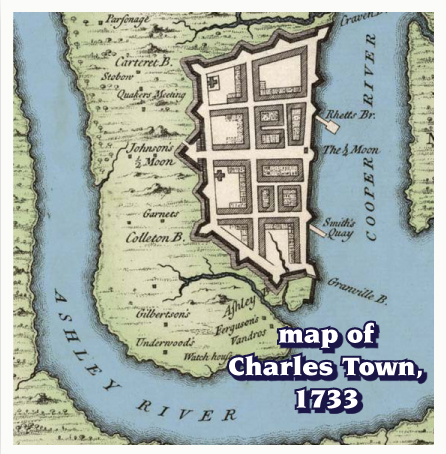
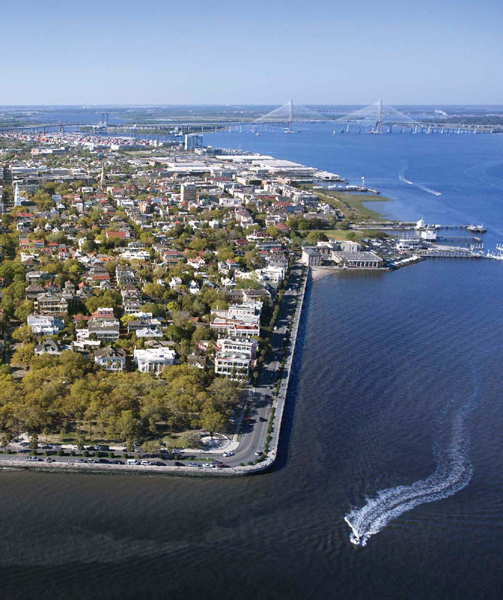
Charles Town, which is now called Charleston, is still a popular city to visit in South Carolina because of its rich history.
Life in the Colony
As settlers began to arrive in Carolina after 1670, they had to learn to live in a world very different from the places they came from. The first settlers in the area that would become South Carolina tried to grow a number of crops for food and for trading. Some crops, such as corn, were successful and helped colonists survive. Others, such as sugarcane, failed.
Some settlers in this colony couldnt tend to their farms because they became sick. Malaria is a disease that killed settlers in Carolina. Its passed on by mosquitoes and causes people to have a very high fever.
The early settlers in Carolina made money by trading with the Native Americans who lived in the area. The Cherokee and Catawba traded animal furs and skins for guns and tools from the settlers. Then, the settlers sold the furs to people in England. Deerskins were the most common skins sold by settlers in the southern part of Carolina.
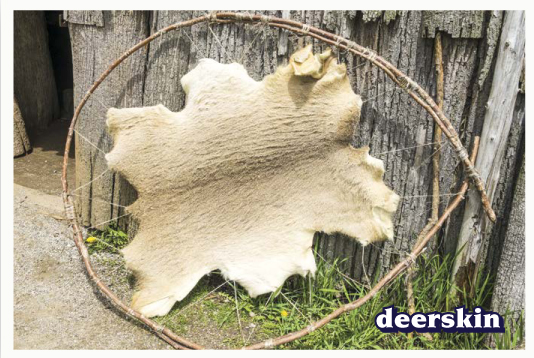
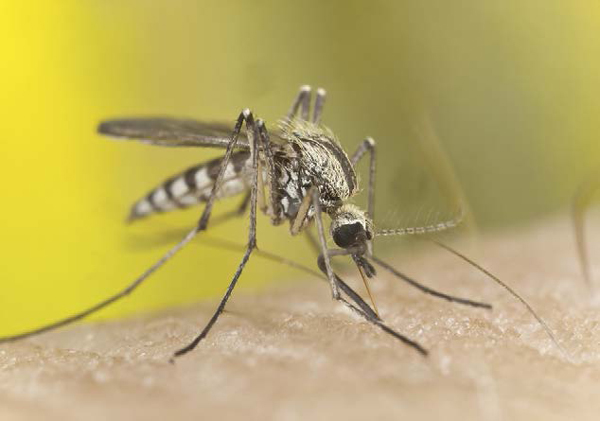
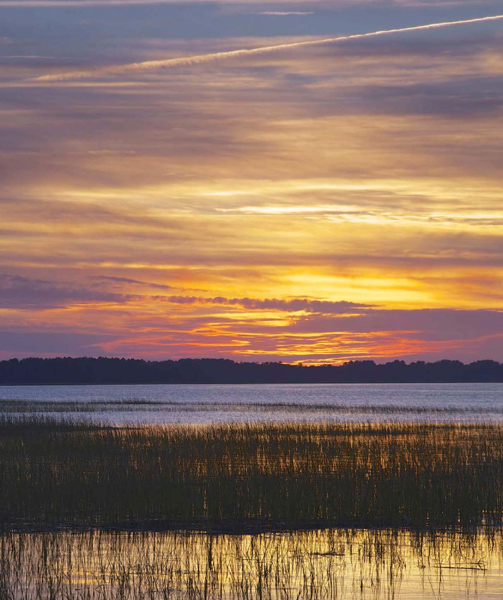
Mosquitoes are common in warm, wet areas of land, which are found throughout South Carolina, especially in the Low Country area along the coast. Thats why so many settlers in the Carolina colony became sick with malaria.
Difficult Times
Farming in the southern part of Carolina grew when rice was introduced as a major crop. Rice farming was so successful that it allowed farmers to create plantations, or very large farms, that often relied on slaves brought to the colony from Africa. Slavery became an important part of the economy in Carolina. Thousands of men, women, and children worked on plantations as slaves.
Although Carolinas economy was strong, life wasnt always easy in this colony. Fighting broke out between colonists and Native Americans. In 1715, a war began between settlers and members of the Yamasee tribe.
Pirates were also a danger to this colony. Charleston was a very important port city, so pirates would attack ships as they entered or left. Two of the most famous pirates to attack Carolinian ships were Blackbeard and Stede Bonnet. William Rhett, a colonial militia leader from Charleston, captured Bonnet in 1718. The pirate was later hanged for his crimes.
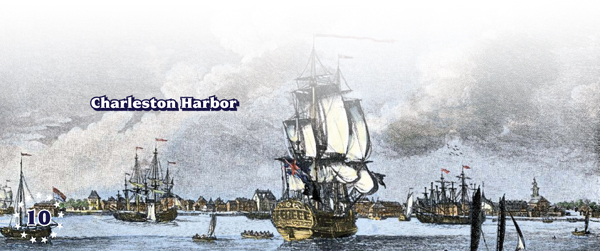
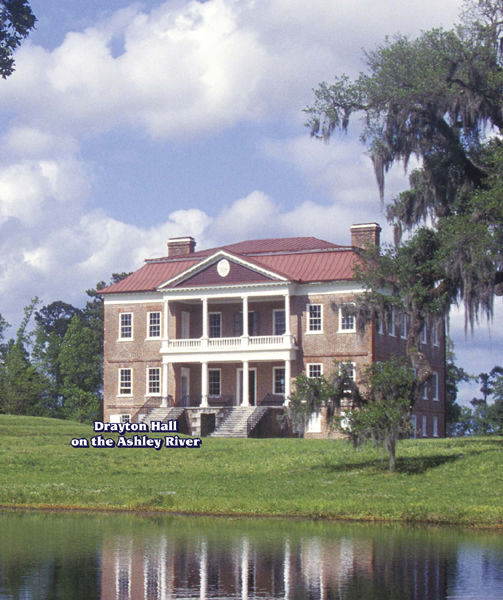
Next page
